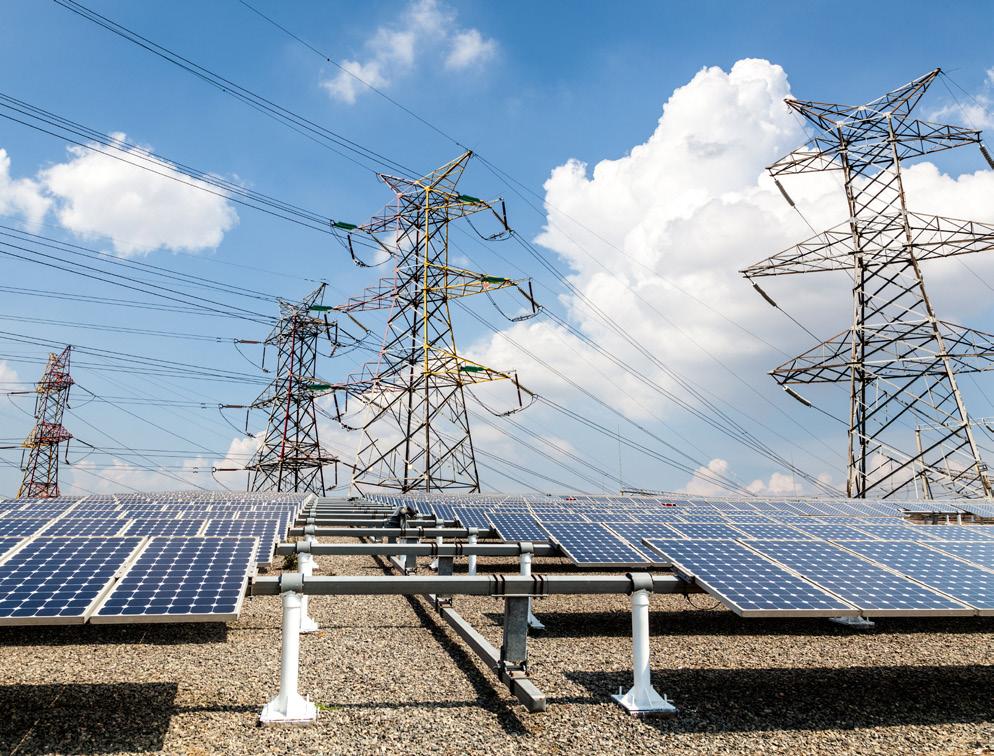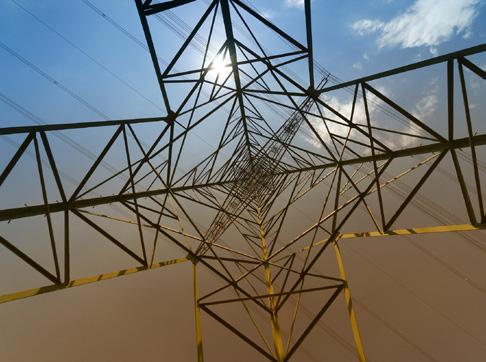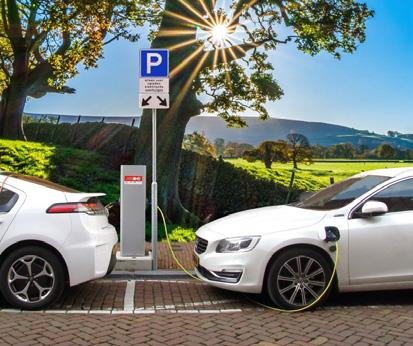GOSSAGE Pyrrhic victory for Poland The Polish prime minister, Mateusz Morawiecki, returned to Warsaw waving the European Council 2030 expenditure deal, and claiming victory. Poland is the only EU country refusing to agree to reach net-zero emissions by 2050, and an earlier draft text had said countries must accept this target in order to receive climate funds for greening the economy. But Morawiecki used his veto threat to convince other leaders to drop this demand. The result is that Poland will still be able to access 50% of those funds without signing up to the climate goal. “We won better rules than what the European Commission proposed [with] the possibility of getting 50% immediately, without committing to the climate target,” boasted Morawiecki. What he failed to mention is that his victory is largely hollow. Because the trade-off he agreed shrinks by half of a new climate abatement funding that had been created specifically at the request of Warsaw. Poland could have had 100% of a potential €38 billion top-up via this ‘Just Transition Fund’, aimed at supporting coal-reliant countries’ transition to clean energy economies. Instead it will get 50% of a potential €18 billion – all for exclusion from a 2050 goal most reckon Poland will eventually sign up to anyway during 2021.
Solar lakes Plans by Swiss technology company and solar panel manufacturer Meyer Burger to build a 10GW floating solar plant on a lake due to be left behind by the future closure of Germany’s Hambach coal mine, is gaining support from the local scientific community. Uwe Rau, director of the Institute for Energy and Climate Research at the Forschungszentrum Juelich research centre, describes the company’s proposal in the state of North RhineWestphalia as, “perfect and absolutely feasible.” Noting that it was an ideal situation for the region, Rau maintains installing solar parks in opencast mines and replacing coal-fired power stations would offer a double advantage, because electricity pylons and lines leading away from coal-fired power plants would not have to be dismantled and erected elsewhere. “It also fits in very well in terms of scale: the solar park could generate just as much electricity as all of today’s coal-fired power plants in North Rhine-Westphalia’s mining district combined.”
Chinese torture The Conservative backwoodsmen MPs smell blood on China. They have already reversed Government policy and banned Huawei from involvement in rolling out the fifth generation (5G) of wireless communications networks. They now intend to stop another Chinese firm, CGN, from showcasing its HPR1000 technology when building a replacement nuclear power station at Bradwell in Essex. The MPs will achieve this by amending the forthcoming National Security and Investment Bill. Trouble is, CGN already have contracts signed to part-fund nuclear power stations together with Electricité de France, at Hinkley Point in Somerset and Sizewell in Suffolk. In both cases, the Chinese have absolutely key engineering roles, with know-how not easily replaced. The big question is: if CGN were chucked out of Bradwell, whether they would also walk away from the other two projects. Of course in doing so, they would then be in breach of many existing contractual obligations. But, in such circumstances, good luck with suing the Chinese government.
10 Electrical www.electricalreview.co.uk Review | September ???? 2020
When electricity money talks You may have heard about the $60 million electricity political slush fund run by the (now former) Republican party speaker (e.g. leader) of the Ohio House of Representatives, Larry Householder. It turns out, that once this money had been collected, Householder pushed through a huge bailout of two nuclear plants and several coal plants, all of which were losing serious money. Simultaneously, he also gutted most of Ohio’s standards on energy efficiency and clean energy, which were weak to begin with. This case looks to be truly malodorous. Householder appears to have won his high office largely because the power company, FirstEnergy, and its affiliates – most prominent of which was America’s biggest coal firm, Murray Energy – were funding his political operation under the table, using a ‘nonprofit’ shell corporation that he controlled. That allowed him to pump huge sums into the campaigns of allied candidates who, after winning their legislative seats, voted to give him the speakership. Then they voted in favour of his highest priority, the bailout bill. FBI prosecutors claim that $400,000 of the power company’s money went directly into Householder’s pocket as he was doing the company’s bidding in the Ohio Statehouse. Ohio is one of the most marginal states, which could make the difference for Donald Trump’s re-election bid this November 3. Despite being from the same political party as Householder, Trump has set out entirely to distance himself from this giant scandal. But to do so convincingly, Trump needs to fire his Cabinet member whom he personally placed in charge of the (seriously misnamed) Environmental Protection Agency, instructing him to push back on efficiency standards for electricity using equipment. His name is Andrew Wheeler. Why does Trump need to do so? Want to know who was Murray Energy’s chief lobbyist when it funnelled over $100,000 to Householder’s slush fund in 2016? Step forward, the very same Andrew Wheeler.








